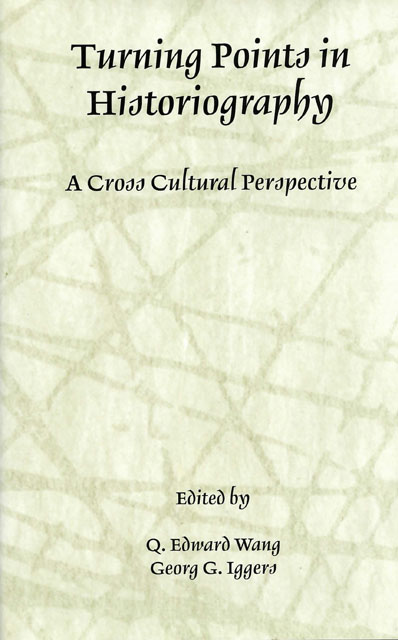Book contents
7 - The Historicization of Classical Leaning in Ming-Ch’ing China
Published online by Cambridge University Press: 29 February 2024
Summary
In the middle of the Ch’ing dynasty (1644–1911), the Che-chiang literatus Chang Hsueh-ch’eng (1738–1801) enunciated what became one of the most commented upon slogans in late nineteenth and early twentieth century Chinese intellectual circles: “The Six Classics are all Histories” (liu-ching chieh shih yeh). Since the Han dynasties, the Classics had been referred to as the “sagely Classics” (sheng-ching). Together with the Four Books, which became canonical in Sung (960–1280) and Yuan (1280–1368)) times, the Classics became the basis for a classical education in late imperial schools and at home. To become an official, study of the five surviving Classics and Four Books was obligatory, and the importance of the former increased after 1787, when the classical specialization requirement was dropped on civil examinations in favor of mastery of all the Classics (see below). History was always prominent in literati learning, but it was customarily considered a subordinate field to the Classics in the “Four Divisions” (Ssu-pu, i.e., Classics, History, Philosophy, and Literature) of official knowledge, as exemplified in the catalog of the 1780s Imperial Library shown in table 1.
Before Chang Hsueh-ch’eng, history usually provided markers for sagely moral actions and exemplifications of classical learning or their betrayal. We will see this more clearly below in the case of Chu Hsi (1130–1200), the Sung champion of Tao-hsueh (lit., “Learning of the Way,” or “Neo-Confucianism”). Wang Yang-ming (1472–1528), although a Ming dynasty (1368–1644) critic of Chu Hsi, nevertheless held to the Tao-hsueh view that: “History deals with events while a Classic deals with the Way.” Even for Wang, however, there was no clear break between them: “Events equal the Way; the Way equals events.” Wang concluded: “The Spring and Autumn Annals was also a Classic, while the Five Classics were also histories.”
In the early Ch’ing, Ku Yen-wu (1613–82) already complained that historical studies had declined during the Sung and Ming dynasties because of excessive concern on civil examinations for literary talent. In his collected essays, Ku noted that his grandfather had been critical of Chu Hsi for basically just changing Ssu-ma Kuang's (1019–86) Comprehensive Mirror of History (Tzu-chih t’ung-chien) into a condensed version known as the T’ungchien kang-mu (Condensation of the comprehensive mirror),5 an issue that we will take up again below. Ku urged restoration of T’ang-dynasty style examination essays devoted solely to history.
- Type
- Chapter
- Information
- Turning Points in HistoriographyA Cross-Cultural Perspective, pp. 101 - 144Publisher: Boydell & BrewerPrint publication year: 2001

